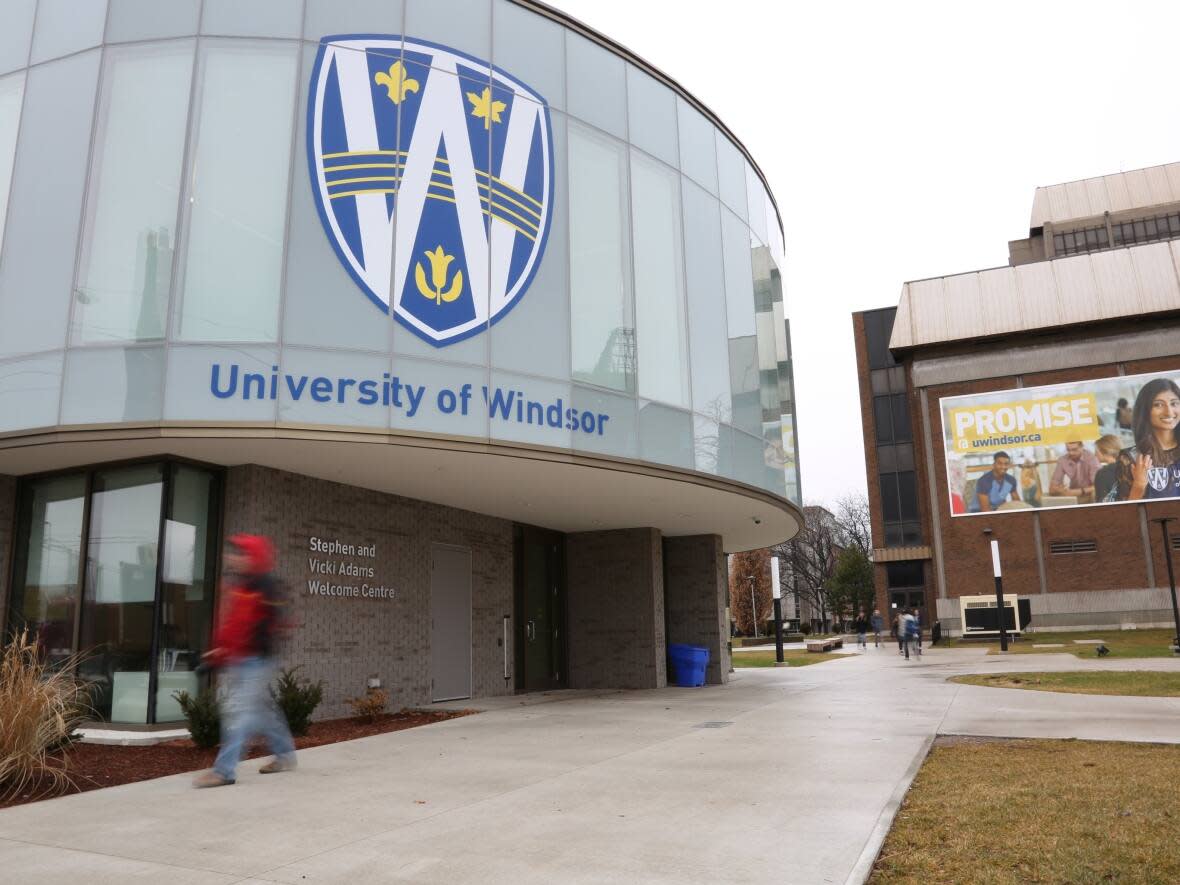UWindsor scientists get $750K toward potentially life saving fatty liver research

Researchers at the University of Windsor were given $750,000 to continue research into non-alcoholic fatty liver disease (NAFLD) that could potentially save lives.
WE-SPARK Health Institute, a research hub based at the University of Windsor, said in a press release that NAFLD is "the most common liver condition in the developed world" and affects a quarter of the population in Canada.
Dr. Bre-Anne Fifield, assistant professor in biomedical sciences and WE-SPARK member, said NAFLD can lead to hepatocellular carcinoma (HCC), which she said is "one of the leading causes of cancer-related deaths worldwide."
Fifield discovered a protein through her research 11 years ago called "speedy," which speeds up fatty liver development and increases chances of developing HCC.
The $750,000 will go toward furthering Fifield's research.
"The project will focus on determining how "speedy" changes the cell biology and the fat that accumulates in the liver and it will determine how that can lead to the formation of liver cancer."
She said the "results from this work could reveal new ways of detecting aggressive NAFLD early and new avenues of treatment."
Dr. Lisa Porter, WE-SPARK executive director and professor in biomedical sciences at the University of Windsor, said Fifield's research would not be possible without the community's continued support, through donations and a 2015 Seeds for Hope grant 2015 funded by the Windsor Cancer Centre Foundation.
"Research takes time and investment and thankfully, we have an amazing community of donors, right here in Windsor/Essex."


